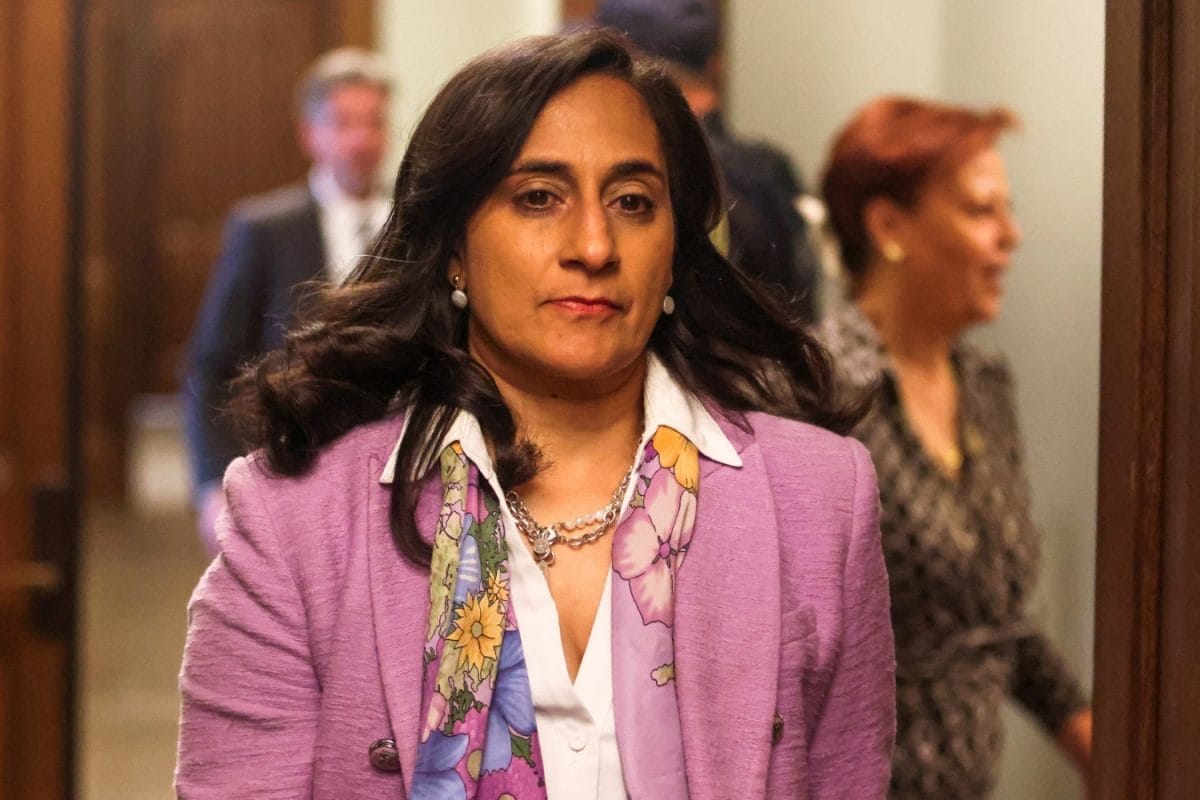

The relationship between India and Canada, strained since 2023, is poised for a gradual recovery, according to Canada's Foreign Minister Anita Anand. A recent high-level diplomatic contact signals a potential shift in the political climate, offering both nations an opportunity to mend their fractured ties.
Tensions between India and Canada escalated when Ottawa accused New Delhi of involvement in the assassination of a Canadian Sikh national, an allegation India vehemently denies. This led to a series of diplomatic setbacks, including the expulsion of diplomats, suspension of trade talks, and cancellation of high-level visits. However, with the election of Mark Carney as Canada's new Prime Minister in March 2025, there's renewed hope for a reset in the bilateral relationship.
Prime Minister Carney has emphasized the importance of restoring and strengthening ties with India, viewing Canada as a constructive global partner, particularly amid economic and diplomatic tensions with the United States. His administration's approach marks a significant departure from that of his predecessor, Justin Trudeau, whose tenure saw relations with India deteriorate significantly.
Anita Anand's appointment as Canada's Foreign Minister is also seen as a positive step towards mending relations. Anand, who has Indian roots, has expressed her desire to deepen economic cooperation and advance shared priorities between the two countries. In a recent conversation with India's External Affairs Minister S. Jaishankar, Anand expressed gratitude for a productive discussion on strengthening Canada-India ties.
Despite the optimism, challenges remain. One significant obstacle is the unresolved issue of the Khalistan movement. India has consistently demanded that Ottawa take action against what New Delhi considers anti-India forces operating within Canada. The Khalistan issue resurfaced in 2023, further straining relations between the two countries.
Moreover, a criminal investigation into the assassination of Hardeep Singh Nijjar is ongoing in Canada, and any new findings could potentially derail efforts to improve ties. Core disagreements persist, with India expressing concerns about pro-Khalistan groups in Canada and Ottawa maintaining suspicions of Indian interference in domestic affairs.
However, there's a clear recognition of the economic incentives for both countries to improve their relationship. India offers Canada a dynamic and growing market, while Canada seeks stable partners beyond the U.S. in an era of rising economic nationalism. A trade agreement could significantly boost Canadian exports to India.
Both countries are taking incremental steps to restore normalcy in their relationship. India is reportedly planning to reinstate its High Commissioner to Canada, and there have been renewed contacts between the two countries' intelligence agencies. These developments indicate a mutual desire to rebuild trust and foster deeper cooperation.
The road to repairing India-Canada ties will be gradual, requiring sustained effort and a commitment to addressing each other's concerns. However, with a new Canadian leadership in place and a shared recognition of the strategic importance of the relationship, there's reason to believe that the two countries can move forward "one step at a time."